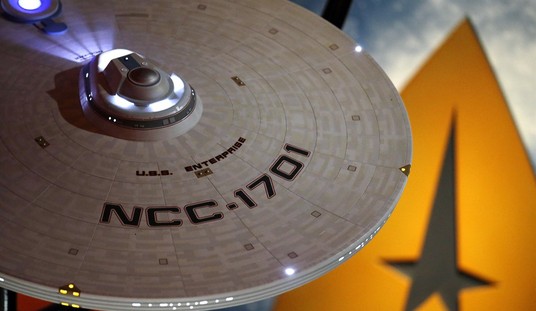According to the Telegraph until now there has been no way to tell whether that coffee in your cup came from beans that had been processed by the digestive system of a weasel-like creature, known as a palm civet.
Kopi Luwak, which is Indonesian for civet coffee, can cost up to £51 a cup and is often substituted for cheaper beans.
It is created by feeding the coffee cherries to the Asian carnivore, which is also known as a toddy cat. They digest the soft fruit and then excrete the hard bean inside.
Workers then retrieve the coffee beans, clean, ferment and roast them.
For all those who really, really, really want to be sure that their coffee went through the innards of a civet, there is hope:
They have identified a unique chemical fingerprint that exists in coffee that has been excreted by a palm civet.
Their findings may also go some way towards explaining why the taste of the civet coffee is so refined compared to standard coffee beans – passing through the animal’s gut changes its chemical make up.
Eiichiro Fukusaki, who led the research, said: “Despite being known as the world’s most expensive coffee, there is no reliable, standardised method for determining its authenticity.
“This is the first report to address the selection and successful validation of discriminant markers for the authentication of Kopi Luwak.”
I suppose this works in reverse too. Not that anyone is likely to substitute my Kopi Luwak for my Donut Shop Coffee (Though I don’t use K-cups). All the same I’d sleep better at night if coffee-bean packaging I got said “Absolutely certified not digested by a palm civet — or anything else.”
******










Join the conversation as a VIP Member